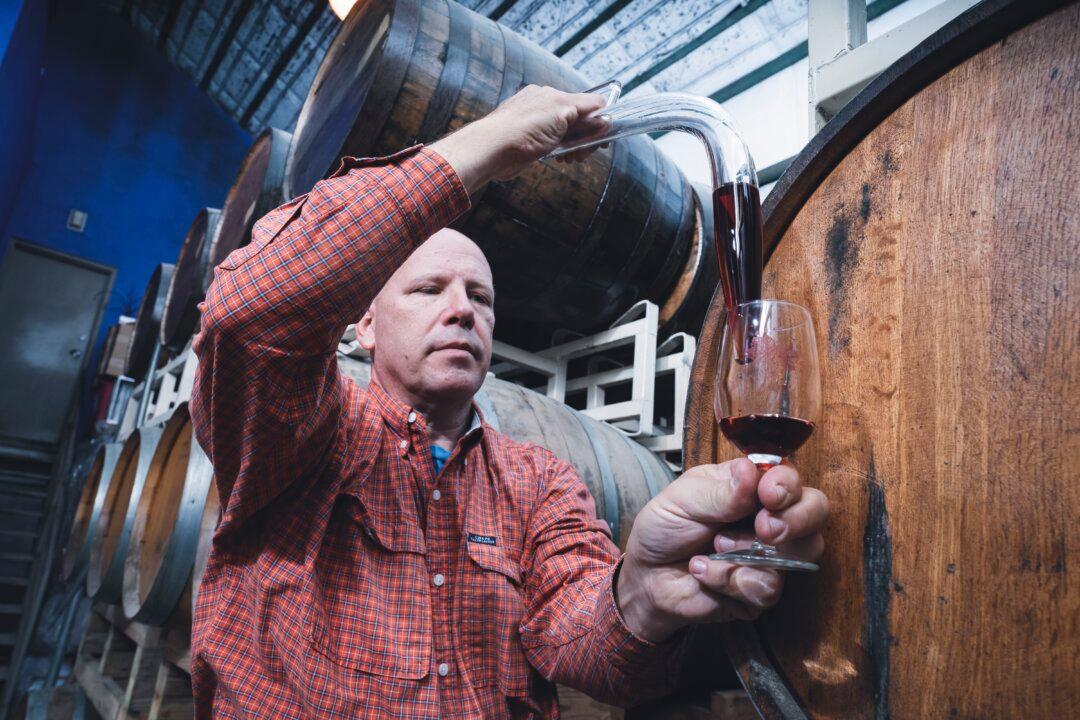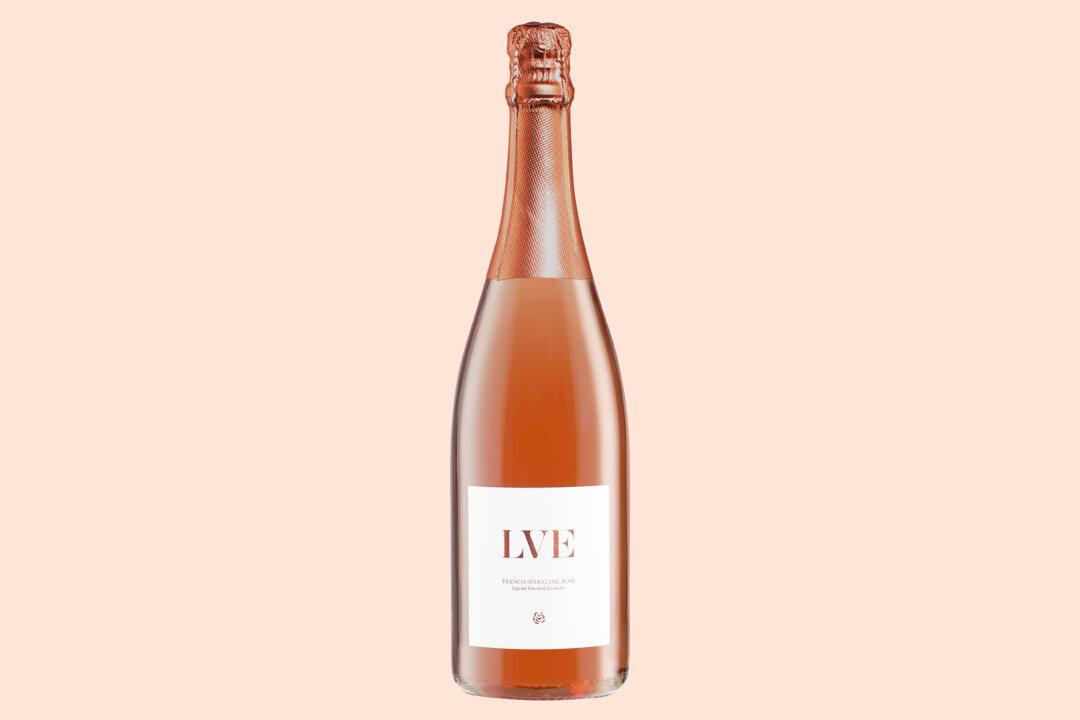The rhythmic lap of aquamarine waves. A small army of bare feet crunching through white sand. The omnipresent fragrance of coconut-scented tanning oil wafting under a scorching sun. There’s no doubt about it. This is definitely beach territory.
Truth be told, this scenario could be found on almost any beach on Florida’s Gulf Coast. Only this particular area, known as SoWal or South Walton County, is different, and it’s not just because it’s home to some of the most lauded beaches in the United States, often finishing at or near the top of yearly “Best Beaches” lists.
One short drive north of these sunny beaches will bring you to the quaint southern town of Defuniak Springs. It’s here, tucked away near Interstate 10, that you’ll find Chautauqua Vineyards & Winery, a fully operational facility complete with sprawling vineyards, often touted as the largest in the state.




